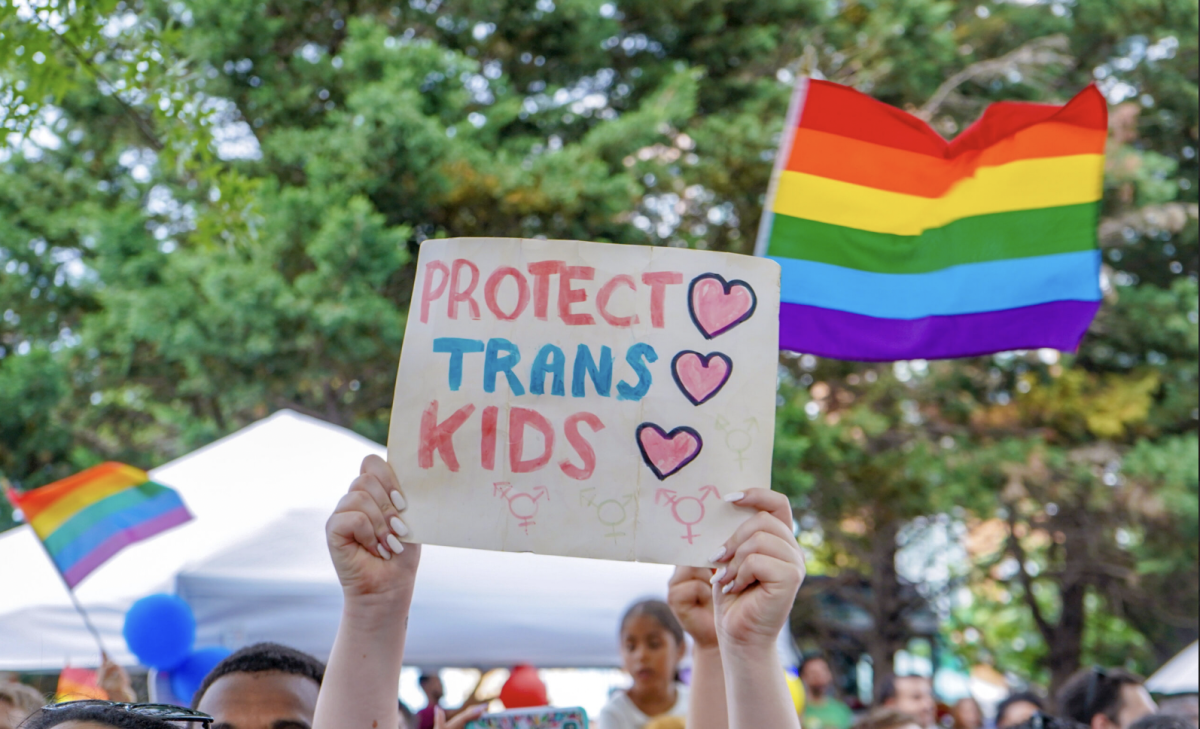On Sept. 17, ABC announced the indefinite suspension of “Jimmy Kimmel Live!” after host Jimmy Kimmel’s monologue about conservative activist Charlie Kirk’s death sparked backlash from Republican leaders. The decision came after Nexstar Media Group, which owns and operates 23 ABC-affiliated stations, announced it would stop airing the program, calling the show’s content “offensive and insensitive at a critical time in our national political discourse.”
During his monologue on the Sept. 15 episode, Kimmel criticized several Republican leaders’ reactions to Kirk’s death. He accused them of using the tragedy to promote a broader political narrative and mocked President Donald Trump’s tribute to Kirk, stating that Trump responded “like a 4-year-old mourning a goldfish.”
Kimmel also criticized FBI Director Kash Patel, who is overseeing the investigation, calling his press conference “like a kid who didn’t read the book, BS-ing his way through an oral report.” The following night, Kimmel doubled down, accusing “the MAGA gang” of twisting the alleged shooter’s background to avoid acknowledging any ideological ties. He also denounced Vice President J.D. Vance, who had guest-hosted Kirk’s podcast days earlier, implying that conservative leaders were exploiting Kirk’s death to advance partisan goals.
Federal Communications Commission (FCC) Chairman Brendan Carr publicly condemned Kimmel’s remarks and warned ABC and its parent company, Disney, that the broadcast could violate federal guidelines. Carr called the commentary “truly sick” and said the FCC would examine whether the network had spread misinformation. Carr suggested on a podcast a few hours before the announcement of Kimmel’s suspension that there was a strong case for the FCC to take action against Disney, saying, “We can do this the easy way, or we can do this the hard way.”
In response to the growing backlash, ABC issued a brief statement on Sept. 17, confirming that the show had been placed on hiatus “effective immediately” and would not return to air “until further notice.” The statement did not include details about whether Kimmel would continue under contract or what specific standards the show had allegedly violated. Kimmel’s current contract runs through May 2026, and the network has not confirmed whether the suspension constitutes a breach or if any negotiations are underway.
The decision to suspend the show drew strong reactions from both sides of the political spectrum. Supporters of the move, including President Donald Trump, applauded ABC’s action. Trump celebrated the cancellation on his social media platform Truth Social, calling Kimmel “ratings challenged” and saying, “Congratulations to ABC for finally having the courage to do what had to be done.” Trump added that Kimmel had “ZERO talent” and claimed the show had “long outstayed its welcome.”
At the same time, many entertainment industry professionals and civil liberties organizations criticized the suspension as an attack on free speech. SAG-AFTRA, the union representing broadcast and film performers, released a statement defending Kimmel’s right to speak critically about public figures.
“Our society depends on freedom of expression,” the union wrote. “Suppression of free speech and retaliation for speaking out on significant issues of public concern run counter to the fundamental rights we all rely on.”
Not all Republicans welcomed the development. Senator Ted Cruz sharply criticized Carr’s threats on his podcast, The Verdict with Ted Cruz, warning that using federal regulatory authority to punish a comedian over political speech “crosses a dangerous line.” Cruz likened Carr’s actions to “mafioso behavior,” and said he disagreed with Kimmel’s commentary but defended his right to say it, warning that “this power will one day be turned on conservatives, too.”
Former Senate Republican leader Mitch McConnell agreed with Cruz, likening Carr’s behavior to something out of the crime movie Goodfellas, writing in an X (formerly known as Twitter) post, “You don’t have to like what somebody says on TV to agree that the government shouldn’t be getting involved here.”
Kimmel, known for his political humor and past criticisms of both Trump and far-right figures, has remained silent since ABC’s announcement. According to reports from People magazine, many of his staffers learned about the suspension through media coverage rather than internal communication. Production has halted, and ABC has not announced a replacement for the 11:35 p.m. time slot. The network has not said whether it will buy out the remainder of Kimmel’s contract, renegotiate terms, or wait out the controversy.
The Kimmel controversy comes amid broader shifts in the late-night television landscape.
CBS recently announced that “The Late Show with Stephen Colbert” will end in May 2026. While CBS cited cost-cutting as the reason, many believe Colbert’s increasingly vocal criticism of both Republicans and corporate decision-makers played a role. Colbert recently condemned his own network’s legal settlement with President Trump over a disputed “60 Minutes” segment, calling it “a big, fat bribe” during a July 14 monologue.
Editor’s note: On Sept. 22, the Walt Disney Company, the parent company of ABC, announced in a statement that they “had thoughtful conversations with Jimmy,” and agreed to return the show to air on Sept. 23.












































